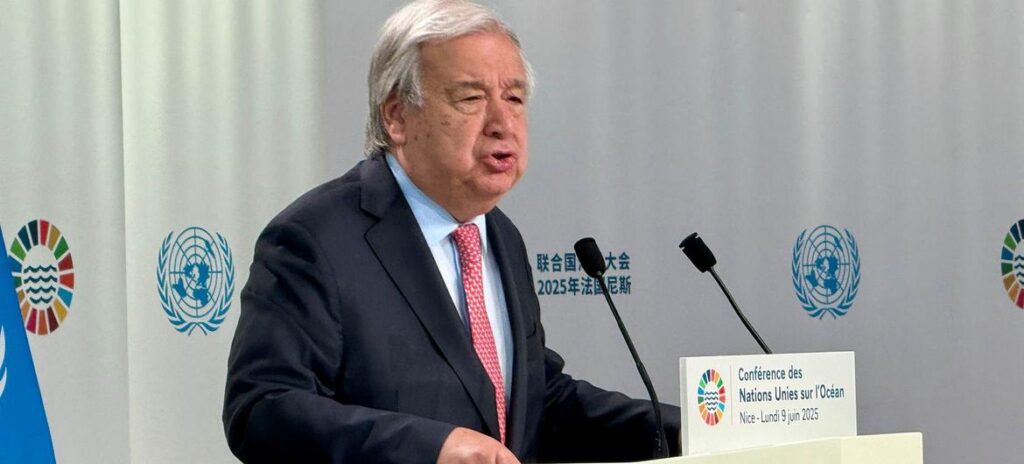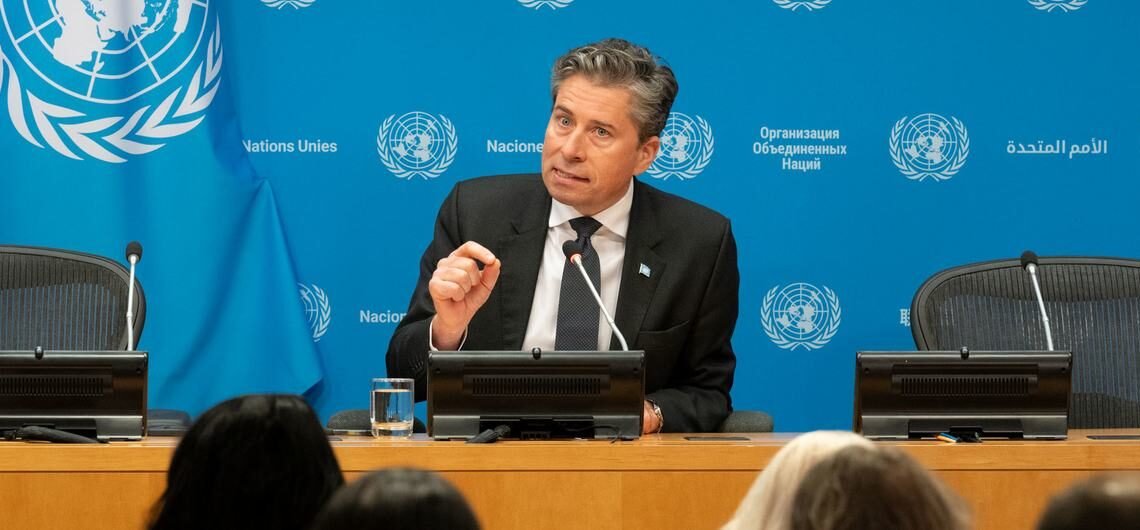Facing what has been described as the worst funding crisis in humanitarian aid history, the United Nations has drastically scaled back its global appeal by $15 billion.
UN relief chief Tom Fletcher, speaking on Monday, announced a “hyper-prioritised” funding appeal of $29 billion to meet immediate and critical humanitarian needs around the world.“We have been forced into a triage of human survival,” said Fletcher.
“The math is cruel, and the consequences are heartbreaking. Too many people will not get the support they need, but we will save as many lives as we can with the resources we are given.”
Tom Fletcher
The revised appeal is not intended to replace the broader Global Humanitarian Overview 2025 (GHO), which remains at $44 billion and targets 180 million vulnerable people across 70 countries. However, with less than 13 percent of that original appeal—only $5.6 billion—secured by June 2025, the United Nations has been left with little choice but to focus on the most urgent crises.
The aim now is to redirect the limited funding to areas with the most pressing needs, and to allow affected communities a say in how that aid is delivered. According to the UN Office for the Coordination of Humanitarian Affairs (OCHA), the priority will be life-saving support delivered with dignity and speed, while still respecting the planning framework laid out for 2025.
The financial crisis facing the United Nations is not only historic in scale, but also devastating in its impact. Donor contributions have fallen sharply — especially from the United States, traditionally the largest funder — forcing major UN agencies to adopt severe cost-cutting measures.
Aid Cuts Threaten Global Humanitarian Programs
The World Food Programme (WFP) is preparing to slash up to 30% of its global workforce. Similar reductions are planned at the UN High Commissioner for Refugees (UNHCR) and the International Organization for Migration (IOM), both of which are scaling down their operations. UNICEF has projected a 20% shortfall in its 2025 budget, placing essential services for children in over 190 countries at risk.
UN Secretary-General António Guterres has launched the “UN80” reform plan in response to the crisis. This initiative aims to ensure institutional survival ahead of the UN’s 80th anniversary by merging administrative units, cutting costs, and streamlining operations globally.

Meanwhile, humanitarian crises continue to escalate. In conflict zones like Sudan and Gaza, demand for aid is growing rapidly. With fewer resources, UN agencies are grappling with impossible choices. Fletcher emphasized the global implications of the funding collapse.
“Brutal funding cuts leave us with brutal choices. All we ask is one per cent of what you chose to spend last year on war. But this isn’t just an appeal for money – it’s a call for global responsibility, for human solidarity, for a commitment to end the suffering.”
Tom Fletcher
Whether the international community will heed that call remains to be seen. For millions relying on humanitarian assistance, the consequences of inaction could be life-threatening.
READ ALSO: Interior Minister Urges Reforms at Prisons Service Parade



















